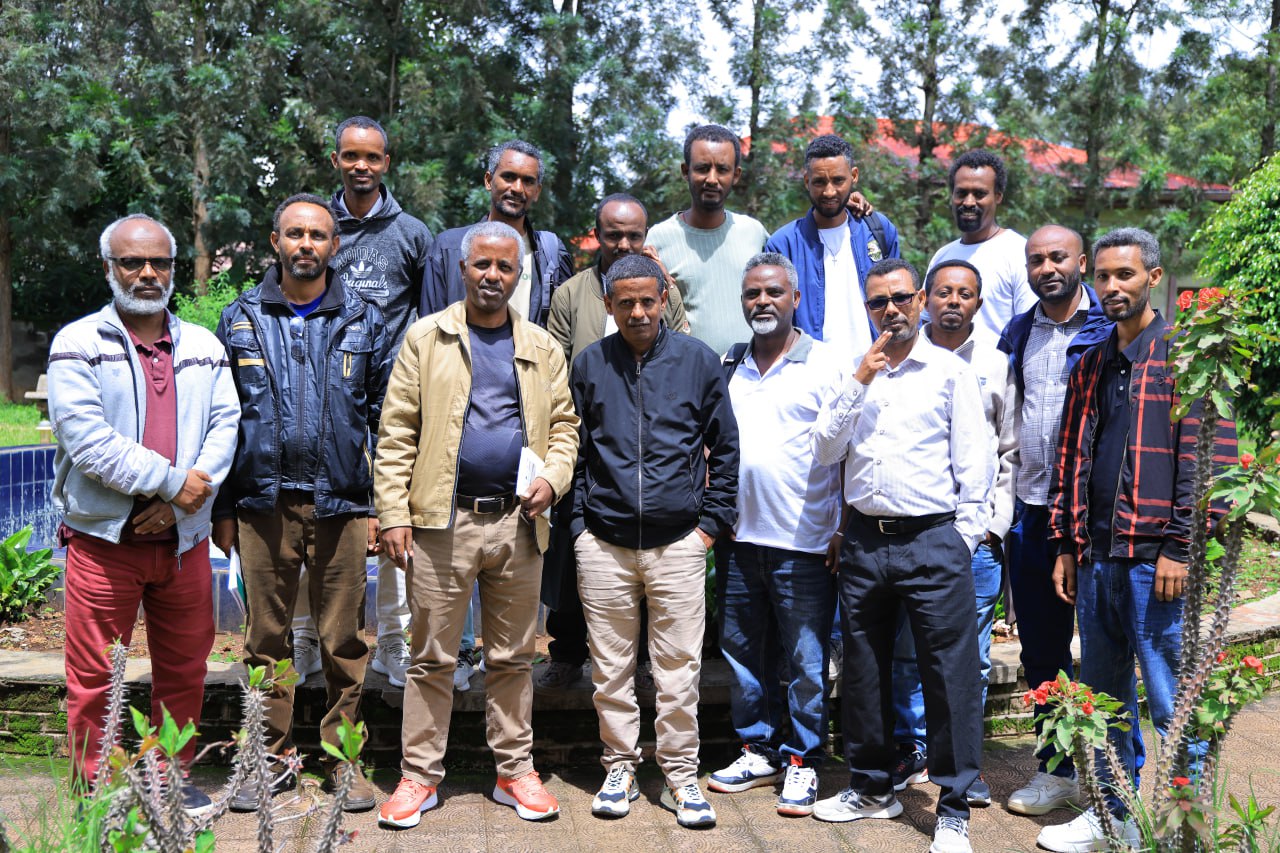Code in the Crops : How AI Is Revolutionizing Fertilizer Use in Ethiopia
Contributor : Sara Lamsili, Project Communication Manager
For decades, farmers in Ethiopia have relied on a one-size-fits-all approach to fertilizer use. The country has seen a significant increase in fertilizer application over the past twenty years, which has helped boost crop yields to some extent. Yet, despite this progress, the reality is clear: the gains in productivity have not matched the scale of fertilizer use. Too often, farmers receive the same blanket recommendations regardless of the soil type, weather conditions, or location of their farms.
This approach overlooks the incredible diversity across Ethiopia’s landscapes. What works well for one farmer in one region may fail to deliver results for another just a few miles away. The consequences are visible in uneven yields, inefficient fertilizer use, and missed opportunities for farmers to maximize both productivity and profits. It is increasingly evident that a more precise, data-driven approach is needed, one that recognizes the uniqueness of each farm and tailors recommendations accordingly.
This is where the new project, “Regional Scale Crop Fertilization Response Trial Data-Base for Ethiopia” comes in. Beginning in 2025, researchers will build on over fifteen years of fertilizer trial data collected across Ethiopia’s Amhara region. This rich dataset, drawn from countless on-farm experiments, offers an unparalleled opportunity to understand how crops respond to different fertilizer treatments across diverse conditions. But rather than relying on traditional analysis methods, the project takes things a step further by embracing cutting-edge technology based on Machine Learning (ML) and Artificial Intelligence (AI), to unlock new insights.

The launch of the awareness workshop was done at the HQ of the Amhara Agricultural Research Institute (ARARI) in Bahir Dar, Ethiopia.
The idea is simple yet powerful: by compiling and harmonizing all this trial data into one standardized database, researchers can feed it into advanced ML and AI models capable of spotting patterns that may be otherwise missed. These models can analyze countless variables at once soil data, yield data, weather data, fertilizer rates and then use this knowledge to generate improved site-specific fertilizer recommendations for farmers …helping them apply just the right type of fertilizer, at the right rate, in the right place, and at the right time.
This shift from blanket to site-specific recommendations could be transformative. With accurate, farm-level insights, farmers can increase their yields while reducing unnecessary fertilizer costs. Optimized fertilizer use also benefits the environment by limiting over-application, which can degrade soils and contribute to greenhouse gas emissions. In short, smarter recommendations mean healthier farms, healthier soils, and healthier communities.
“By leveraging existing big data from past fertilizer response trials in Ethiopia, this project will accelerate the application of machine learning and artificial intelligence (AI) in developing improved, site-specific fertilizer recommendations. Harnessing these datasets avoids the otherwise time- and resource-intensive process of generating new large-scale field data, thereby enabling faster, more cost-effective advances in development of site-specific fertilizer use recommendations.” – Dr. Samuel Njoroge, Scientist at APNI
Of course, success depends on the quality of the underlying data. AI systems are only as reliable as the information fed into them, so this project places a strong emphasis on reviewing, cleaning and standardizing years of fertilizer trial data. The goal is to ensure that the final models are not only technologically advanced but also scientifically rigorous and trustworthy.
Beyond Ethiopia, the project plans to compare its findings with similar datasets from across Africa, opening the door for broader application of its tools and methods. By the time the project concludes in 2026, researchers hope to deliver not just academic insights but practical, user-friendly tools that farmers, policymakers, and extension services can adopt at scale.
With partners including Kansas State University and the Amhara Region Agricultural Research Institute, this initiative represents a major step forward in blending traditional agricultural research with the latest in data science. By combining decades of field experience with the power of AI, the project aims to help Ethiopian farmers unlock the full potential of their land, boosting food security, incomes, and sustainability for years to come.
